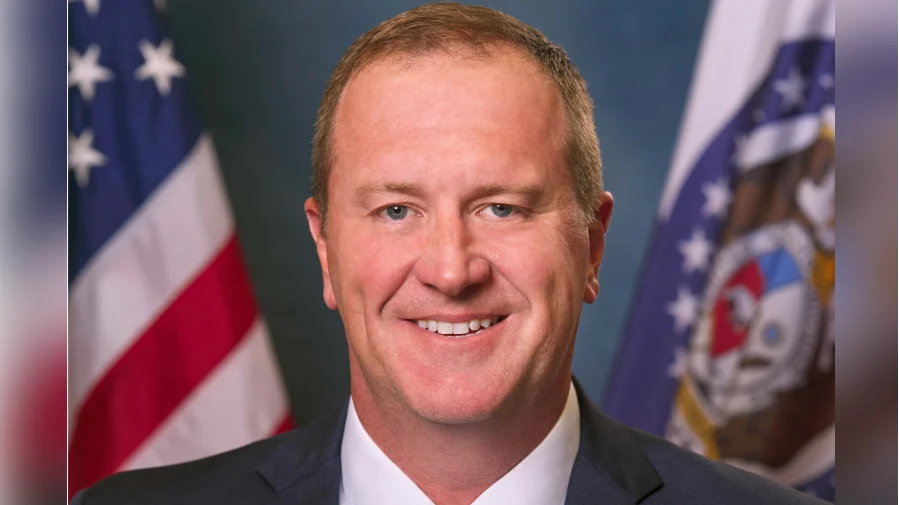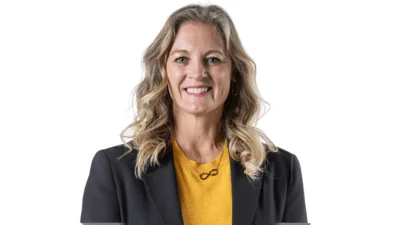Senator Eric Schmitt | U.S. Senator Eric Schmitt
Senator Eric Schmitt | U.S. Senator Eric Schmitt
Senator Eric Schmitt, a U.S. Senator from Missouri, shared a series of posts on September 23, 2025, discussing shifts in digital media and the political landscape. In his statements, Schmitt commented on the influence of new media creators and platforms as well as changes in online censorship.
In one post, Schmitt stated: "They're getting beat by new media, new creators, new platforms—outmaneuvered by people with better ideas and arguments, who are far more adept at navigating the new digital landscape. All of that became possible because the internet is simply more free than it was 5 years ago." (September 23, 2025).
He continued in another message: "But things are changing. Everyone can see and feel it. The Left is still incredibly powerful—we shouldn't be naive about that in the fights ahead—but their grip is slipping. They no longer have a stranglehold over the political narrative. And their censorship regime is crumbling." (September 23, 2025).
In a subsequent post on the same day, Schmitt wrote: "We've come a long way since then. The Left has lost a lot of big battles. The momentum is on our side.
If Google dismantles their censorship apparatus, it would be another gigantic victory—completely upending the balance of power on some of the largest platforms in the world." (September 23, 2025).
Schmitt’s comments reflect ongoing debates over content moderation and freedom of expression online. Over recent years, technology companies such as Google have faced scrutiny regarding their approaches to moderating or removing content deemed harmful or misleading. Policymakers across party lines have discussed potential reforms to Section 230 of the Communications Decency Act—a law which currently provides liability protections for online platforms regarding user-generated content—as part of broader conversations about internet regulation and free speech.


 Alerts Sign-up
Alerts Sign-up